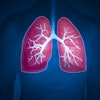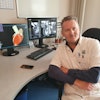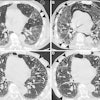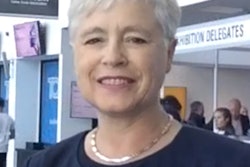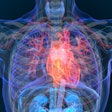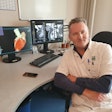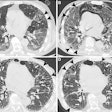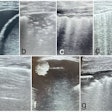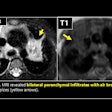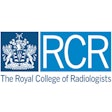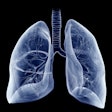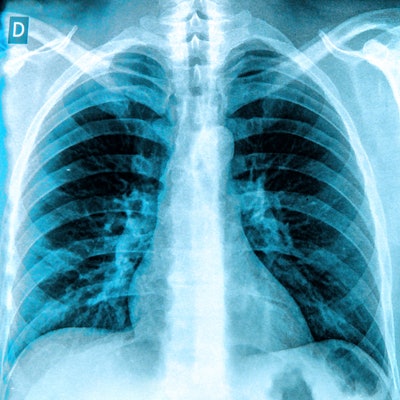
A backlog of 23,000 unread chest x-ray images at a U.K. National Health Service (NHS) hospital in Portsmouth has drawn the attention of the Care Quality Commission (CQC), which has ordered the facility to take immediate action to ensure the images are read promptly. The episode has also prompted the commission to review radiology reporting across the NHS network in England.
In a statement on 1 December, the commission announced that it had informed Portsmouth Hospitals NHS Trust that "it must take immediate action" to make sure that x-rays of patients seen at its facilities are reviewed by appropriately trained clinicians. The statement focused on the trust's Queen Alexandra Hospital, where inspections earlier this year uncovered the fact that some 23,000 chest x-rays acquired over the previous 12 months had not been formally reviewed by either a radiologist or an appropriately trained clinician.
The delays may have contributed to three "serious incidents" in patients with lung cancer who "suffered significant harm" because their chest x-rays hadn't been interpreted.
"When a patient is referred for an x-ray or scan, it is important that the resulting images are examined and reported on by properly trained clinical staff who know what they are looking for -- this is a specialist skill," said Dr. Ted Baker, chief inspector of hospitals for the CQC.
A nagging problem
Shortages of adequately trained radiologists has been a nagging problem in the NHS. Indeed, a report released by the Royal College of Radiologists (RCR) in October 2017 found that 1 in 10 radiology posts in the U.K. was vacant, with 61% of these posts going unfilled for a year or more. The problem could worsen with the looming retirement of many U.K. radiologists, while the country's Brexit from the European Union (EU) could further exacerbate matters if EU citizens working in the country are forced to leave.
With respect to Portsmouth Hospitals, the CQC report said that the agency's inspectors were initially drawn to the trust by concerns raised by a member of the public, as well as reports of poor governance procedures in the trust's radiology department after an inspection in May. A July follow-up further discovered the backlog of 23,000 unread x-rays.
CQC inspectors were told by junior doctors that they had been given responsibility for reviewing chest and abdominal x-rays without appropriate training, even though they felt that there were not competent or confident in doing so. Inspectors also learned of cases in which lung cancers were missed -- some with serious consequences.
What's more, the only chest x-rays that were being reported by radiologists were those requested by general physicians or nonmedical referring providers such as nurses and physiotherapists. Most chest or abdominal x-rays from the emergency department were not being read. On the positive side, all pediatric x-rays were being reported on.
"This is clearly unacceptable," Baker said in the CQC statement. "We told the trust to take urgent action to address the backlog of images which had not been reviewed by a radiologist or trained clinician, identify any patients who may have suffered harm, and report progress to us on a weekly basis which they have been doing."
The findings have prompted the Care Quality Commission to place four conditions on the trust's registration that require it to take specific action until it can demonstrate that patients are safe. The trust must do the following:
- Take action to prioritize and deal with the backlog of unread x-ray images, assess the impact of the backlog on patients, and notify any patient who may be affected.
- Implement "robust processes" to ensure that all images are reported on and have had risk assessments performed.
- Submit a report to the CQC on how the backlog will be addressed.
- Send the commission weekly reports on the size of the backlog and the turnaround times for reports to be produced.
The conditions will remain in place until the Portsmouth trust can demonstrate that the risk to patients has been removed.
RCR comments
The Royal College of Radiologists, which has been drawing attention to the shortage of radiologists in the country since 2015, said it supported the CQC's actions with respect to Portsmouth but was also offering its services to the trust to help it deal with the backlog. The group also hailed Baker's review of radiology reporting throughout the country.
"Patient x-rays must be viewed as quickly as possible by a radiologist or appropriately trained clinician," said RCR President Dr. Nicola Strickland in a statement. "That the Queen Alexandra Hospital encouraged staff who were not suitably trained to review them, in an attempt to manage its sheer volume of unreported scans, is a concern. We have been in touch with colleagues there to offer support and advice."
The RCR is aware that the problem of patient studies sitting unreported is not isolated to the Portsmouth trust, Strickland noted. The RCR's own data indicate that 4 out of 5 hospitals have x-rays and advanced imaging scans waiting unreported for more than a month, and from 2013 to 2016 the number of CT and MRI scans grew at three times the rate of the number of radiologists who were available to report on them.
"Unless there is substantially more investment in training more U.K. radiologists, and -- in the immediate short-term -- in recruiting fully trained radiologists from overseas, unreported scans will continue to mount up," Strickland warned. "This sadly can only mean that patients will spend weeks with the stress of not knowing if they have cancer or another serious disease."
